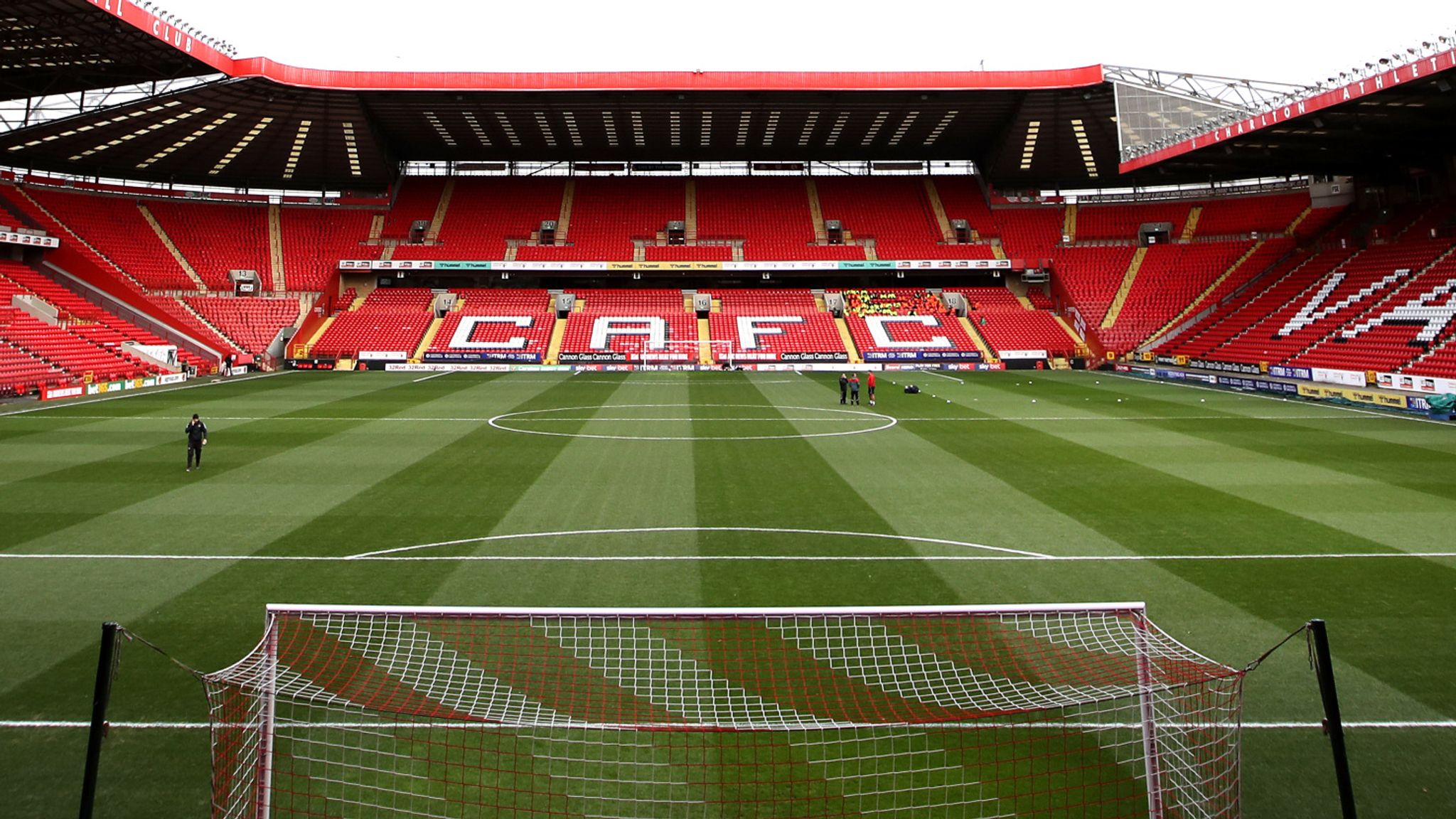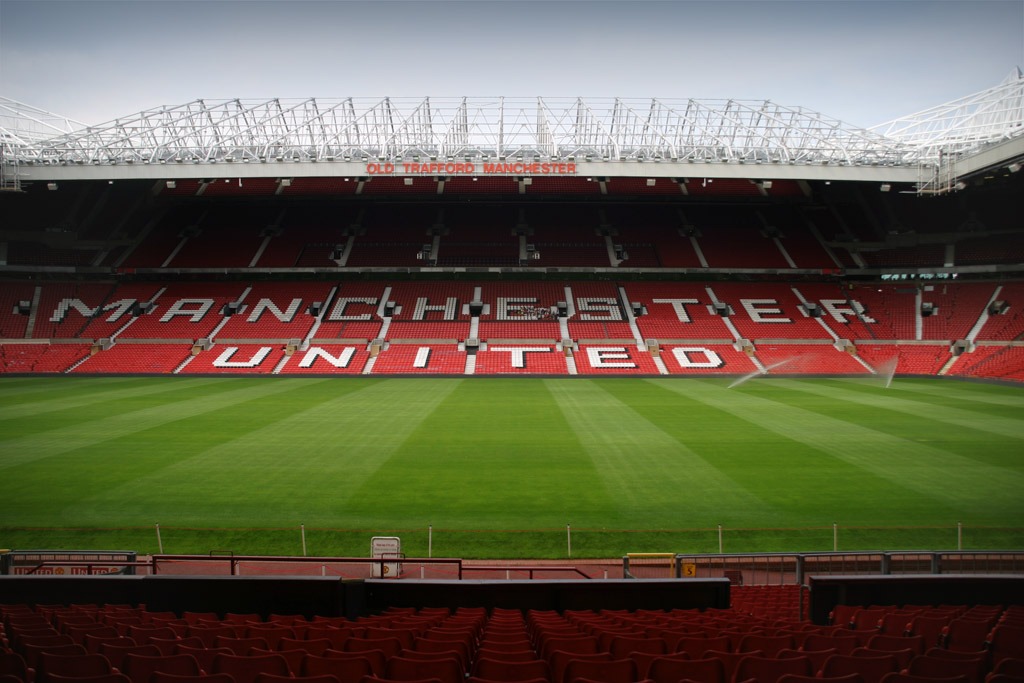The FIFA Men’s World Cup commenced on Sunday 20 November 2022 as the host nation, Qatar, faced Ecuador in the opening fixture.
However, the Ecuadorian Football Association (FEF) was involved in a legal dispute to ensure that its men’s A national team (Ecuador) is legitimately entitled to take part in this tournament. The FEF has faced allegations from the Chilean Football Association (FFC) and the Peruvian Football Federation (FPF) that they fielded an ineligible player, Byron Castillo (Castiwllo), throughout their qualifying campaign in the lead-up to the World Cup finals.
This article looks at the background to the dispute as well as FIFA’s response, and the final ruling from the Court of Arbitration for Sport settling this matter. It concludes by looking at where this leaves FIFA and football in general.
Background
Ecuador finished in fourth place (the final automatic qualification spot) in the South American World Cup Qualifying group with 26 points from 18 qualification matches – thus securing a place in the FIFA World Cup Finals for the fourth time in its history.
During these 18 matches, Ecuador fielded Castillo on 8 occasions – winning 15 points out of their 26 points accumulated. Castillo played on both occasions when Ecuador took 4 points from Chile during the qualifying campaign.
Castillo made his debut for Ecuador’s men’s A senior national team in September 2021, having previously played on 14 occasions for their under-17 national team and once for the under ’20s.
Nevertheless, the Chilean FA (FFC) claimed that Castillo was a Colombian national and had documentary evidence including falsification of a birth certificate and a passport by Castillo.
As a consequence, the FFC and the Peruvian FA (FPF) submitted a claim to FIFA’s Disciplinary Committee stating that the FEF had fielded an ineligible player – Castillo. Following this, an investigative procedure was commenced on 11 May 2022 by FIFA and one month later, FIFA announced:
“After analysing the submissions of all parties concerned and considering all elements brought before it, the FIFA Disciplinary Committee has decided to close the proceedings initiated against the Ecuadorian FA [Ecuador].”[1]
Nevertheless, this decision remained subject to appeal before the FIFA Appeal Committee and the FFC insisted that the FEF had knowingly misled officials by allowing Castillo to play for Ecuador throughout the qualifying campaign.
To support this stance, the FFC submitted evidence stretching back to 2015 showing that Ecuadorian football club, Emelec, had returned Castillo to his parent club (Norte América) after one month (without playing any games for Emelec) when it had discovered that Castillo’s paperwork was non-compliant with their due diligence process.[2]
Such evidence included a reference to an internal FEF investigation into a series of fabricated documents that were discovered among the files submitted to the FEF in 2018[3]. Norte América was suspended by the FEF for breaching league regulations relating to the sponsoring of and benefitting from players’ falsified documents.
In fact, Castillo actually admitted to the FEF that he was born in Columbia in 1995. Such admission was a result of an investigation in 2018 by the FEF during an interview with the player.[4]
Allegations and FIFA’s Regulations
The FFC claimed that the FEF had aided in this fabrication or, at the very least, had knowledge that Castillo was using falsified identification documentation (i.e. a birth certificate) which would have been used to gain Ecuadorian citizenship. It followed then that, in the event that the original documentation were to be accessed, it would remove Castillo’s eligibility to represent Ecuador.
It is reported that Castillo’s original Colombian birth certificate has been validated by the Colombian birth registry and ministry for foreign relations, whereas the supposed Ecuadorian documentation has not be verified by the Ecuador’s civil register.[5]
The FFC and the FPF appealed to FIFA’s Disciplinary Committee (Disciplinary Committee) in early April 2022 with the hope that this would see Ecuador replaced by either Chile or Peru in the Qatar 2022 FIFA World Cup Finals. The Disciplinary Committee was asked to investigate:
“the possible falsification of documents granting Ecuadorian nationality to the player” as well as “…possible ineligibility of the said player to participate in eight qualifying matches of the national team of the Ecuadorian Football Association (the Ecuadorian FA) in the preliminary competition.”[6]
The first issue (falsification of documents) falls under Article 21 of FIFA’s Disciplinary Code (Code), which states:
“1. Anyone who, in football-related activities, forges a document, falsifies an authentic document or uses a forged or falsified document will be sanctioned with a fine and a ban of at least six matches or for a specific period of no less than 12 months.
2. An association or a club may be held liable for an act of forgery or falsification by one of its officials and/or players.”
The second issue to (eligibility to represent Ecuador) falls under FIFA Rules Governing Eligibility to Play for Representative Teams.[7] These regulations outline the specific eligibility conditions for international players, including the rules on being entitled to represent more than one association and the acquisition of a new nationality.[8] If an association is found to have breached the eligibility regulations, Article 22 of the Code states:
If a player is fielded in a match despite being ineligible, the team to which the player belongs will be sanctioned by forfeiting the match and paying a minimum fine of CHF 6,000. The player may also be sanctioned.
Decisions of the FDC and Appeal Committee
The Disciplinary Committee dismissed all charges against the FEF and closed the proceeding in June 2022.
Nevertheless, on 1July 2022, the FFC officially appealed the decision to FIFA’s Appeals Committee (Appeal Committee) and urged FIFA to hear the appeal as quickly as possible so that any sanction could apply prior to the start of the World Cup in Qatar.
On 16September 2022, the Appeal Committee announced its decision, stating that the documents submitted by the FEF and Castillo were acceptable to the extent that Castillo holds:
“Permanent Ecuadorian nationality in accordance with article 5 paragraph 1 of the FIFA Regulations Governing the Application of the Statutes.”[9]
The extent of this provision essentially transfers the burden of deciding eligibility from FIFA to the application of local law within Member Associations. The Appeal Committee referred to Article 5 paragraph 1 of the eligibility regulations, which states:
“Any person holding the nationality of a country is eligible to play for the representative teams of the Association of his country. The Executive Committee shall decide on the conditions of eligibility for any Player who assumes a new nationality and for whom par. 3 of this article does not apply, or for any Player who would, in principle, be eligible to play for the teams of more than one Association due to his nationality”[10]
The Appeal Committee dismissed the appeal and confirmed the first-instance FDC decision stating that:
“a person holding the nationality of a country, is eligible to play for the representative teams of the Association of his country”.
Nevertheless, Eduardo Carlezzo, who has represented the FFC throughout the proceedings, stated that:
“The Chilean FA confirms it will be appealing the decision to the Court of Arbitration for Sport as soon as it has received the full written reasons for the decision from FIFA.”[11]
The Court of Arbitration for Sport (CAS) accepted the appeal and heard the case over two days in early November 2022. A decision was published by CAS a few days later on 8 November 2022.[12]
Decision of CAS
On the 8 November 2022, and just 12 days before the start of the World Cup in Qatar, CAS released its decision following the joint appeal made by the FFC and the FPF.
CAS partially upheld the appeal, with their media release[13] stating the following:
On eligibility:-
The [Ecuadorian FA] did not violate Article 22 of the FIFA Disciplinary Code because the Player was eligible to participate in the preliminary competition to the FIFA World Cup Qatar 2022. Since the nationality of a player with a national association is determined by national laws (subject to time limits in case of a change of sporting nationality, which was not the case here), Byron Castillo was eligible to play for the [Ecuadorian FA] in the preliminary round of the FIFA World Cup Qatar 2022 considering that the Ecuadorian authorities acknowledged Byron Castillo as an Ecuadorian national.
On falsification of documents:-
The [Ecuadorian FA] violated Article 21 of the FIFA Disciplinary Code for the use of a document containing false information. For cases of falsification, FIFA rules do not refer to national law. Therefore, there is no need to defer to any determination made by the Ecuadorian judicial authorities on the falsification of the Player’s passport for FIFA to deem the document falsified under Article 21. In the present case, while the Player’s Ecuadorian passport was indeed authentic, some information provided therein was false. In particular, the Panel was comfortably satisfied that the Player’s date and place of birth were incorrect since the Player was actually born in Tumaco, Colombia, on 25 June 1995. As a result, the Panel deemed it necessary to hold the [Ecuadorian FA] liable for an act of falsification under Article 21, para. 2 of the FIFA Disciplinary Code, even if the [Ecuadorian FA] was not the author of the falsified document but only the user.
On sanction:-
The appropriate sanction for the aforementioned breach is a 3-point deduction in the next edition of the preliminary competition to the FIFA World Cup and a fine of CHF 100’000. The Panel considered that no violation of the rules on eligibility has occurred and that there were a series of extenuating circumstances, among them, that the [Ecuadorian FA] started a disciplinary proceeding against the Player which was halted by a decision of the Ecuadorian judiciary. The Panel determined that the 3-point deduction should not be imposed in the present preliminary competition to the FIFA World Cup, but rather in the next edition, considering that the Player was eligible to play in the preliminary competition to the FIFA World Cup Qatar 2022 and that such competition has not been affected by the aforementioned rule violation by the FEF.
Conclusion
The timing of the CAS’ decision has been a major factor in the sanction awarded to both Castillo and the FEF. The removal of Ecuador so close to the start of the 2022 World Cup finals would have caused huge upheaval and would also have drawn further criticism to an organisation (FIFA) that has been embroiled in controversy since it announced its intention to hold the 2022 tournament in Qatar.
Nonetheless, recognition that documents were fabricated is undeniable. This fabrication was admitted by Castillo in 2019 and the FEF had full knowledge of this admission. Against this backdrop however, Castillo then played in Ecuador’s qualifying campaign and has played a significant role in their qualification for Qatar 2022.
Furthermore, despite the CAS decision giving the FEF a green light to play Castillo at the World Cup finals, he has not been selected in the 26-man squad to go to Qatar. The FEF’s reasons for Castillo’s 11th hour withdrawal was to avoid any “unfair sanctions” from his participation in the tournament.[14]
Castillo’s withdrawal from the Ecuador squad following on so closely from the CAS appeal decision (contradicting FIFA’s earlier determination) creates further speculation and confusion as to the integrity of FIFA and the FEF selection process in the qualifying campaign.
[1] ‘FIFA Disciplinary Committee Passes Decision on Eligibility of Byron David Castillo Segura’ (Fifa.com, 2022) accessed 4 October 2022, Available at: https://www.fifa.com/legal/media-releases/fifa-disciplinary-committee-passes-decision-on-eligibility-of-byron-david-castillo-segura
[2] FIFA statement on complaint made by Chilean Football Association (2022), Accessed: 10 November 2022, Available at: https://www.fifa.com/legal/media-releases/fifa-statement-on-complaint-made-by-chilean-football-association.
[3] Matt Hughes, Ecuador face being kicked out of the World Cup as Sportsmail reveal new evidence of fake passports, multiple identities and an apparent cover-up… with audio and documents confirming Byron Castillo WAS born in Colombia, Mailonline.co.uk, 12th September 2022, Accessed on 17th November 2022, Available at: https://www.dailymail.co.uk/sport/sportsnews/article-11203773/Ecuador-face-kicked-World-Cup-new-evidence-Byron-Castillo-Colombian.html
[4] Matt Cannon, The shocking audio in which Bryon Castillo reveals his true identity, marca.com, 13th September 2022, Accessed on: 17/11/2022, Available at: https://www.marca.com/en/world-cup/2022/09/13/6320c26846163f299e8b456c.html
[5] Givemesport, 2022 WORLD CUP: COULD ECUADOR BE KICKED OUT AND WHAT DOES IT MEAN FOR ENGLAND? Onefootball.com, 13th September 2022, Accessed on 17th November 2022, Available at: https://onefootball.com/en/news/2022-world-cup-could-ecuador-be-kicked-out-and-what-does-it-mean-for-england-35829885
[7] Regulations Governing the Application –https://digitalhub.fifa.com/m/3815fa68bd9f4ad8/original/FIFA_Statutes_2022-EN.pdf
[8] Jonathan Collins, ‘A Guide To FIFA’s Eligibility Regulations For International Football’, lawinsport.com, 8 Feb 2021, last accessed 17 Nov 2022, https://www.lawinsport.com/topics/item/a-guide-to-fifa-s-eligibility-regulations-for-international-football
[9] ‘FIFA Appeal Committee Passes Decision on Eligibility of Player Byron David Castillo Segura’ (Fifa.com2022) https://www.fifa.com/legal/media-releases/fifa-appeal-committee-passes-decision-on-eligibility-of-player-byron-david accessed 4 October 2022
[10] FIFA STATUTES, Regulations Governing the Application of the Statutes https://digitalhub.fifa.com/m/5eb2b45e547ff39f/original/ndfxogwkoukoe4dm3uk0-pdf.pdf
[11] D’Urso J, ‘Chile Lose FIFA Appeal to Replace Ecuador at Qatar World Cup but Case Set to Continue’ (The Athletic16 September 2022) Accessed 4 October 2022, Available at: https://theathletic.com/3600519/2022/09/16/chile-ecuador-fifa-castillo-world-cup/?redirected=1
[12] CAS Media Release (tas-cas.org)
[13] CAS Media Release (tas-cas.org)
[14] AFP – Agence France Presse, Ecuador Leave Castillo Out Of World Cup Squad After ‘Unfair Sanctions, barrons.com, accessed on 17th November 2022, Available at: https://www.barrons.com/news/ecuador-leave-castillo-out-of-world-cup-squad-after-unfair-sanctions-01668534309












